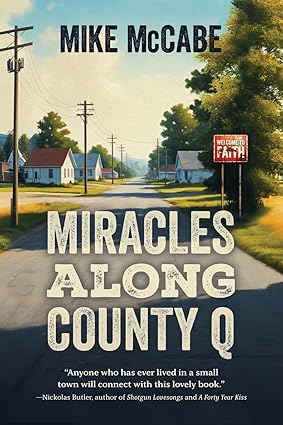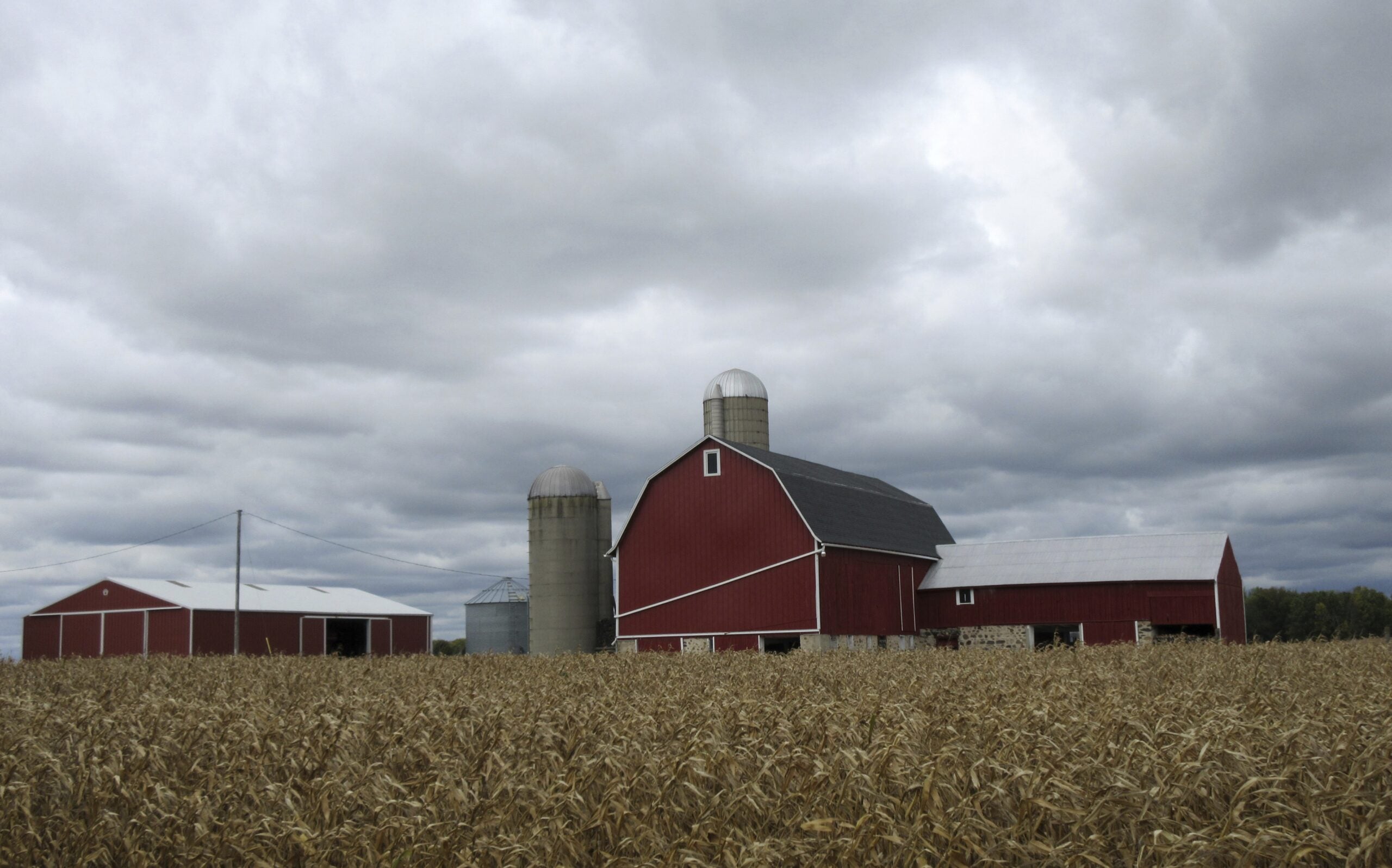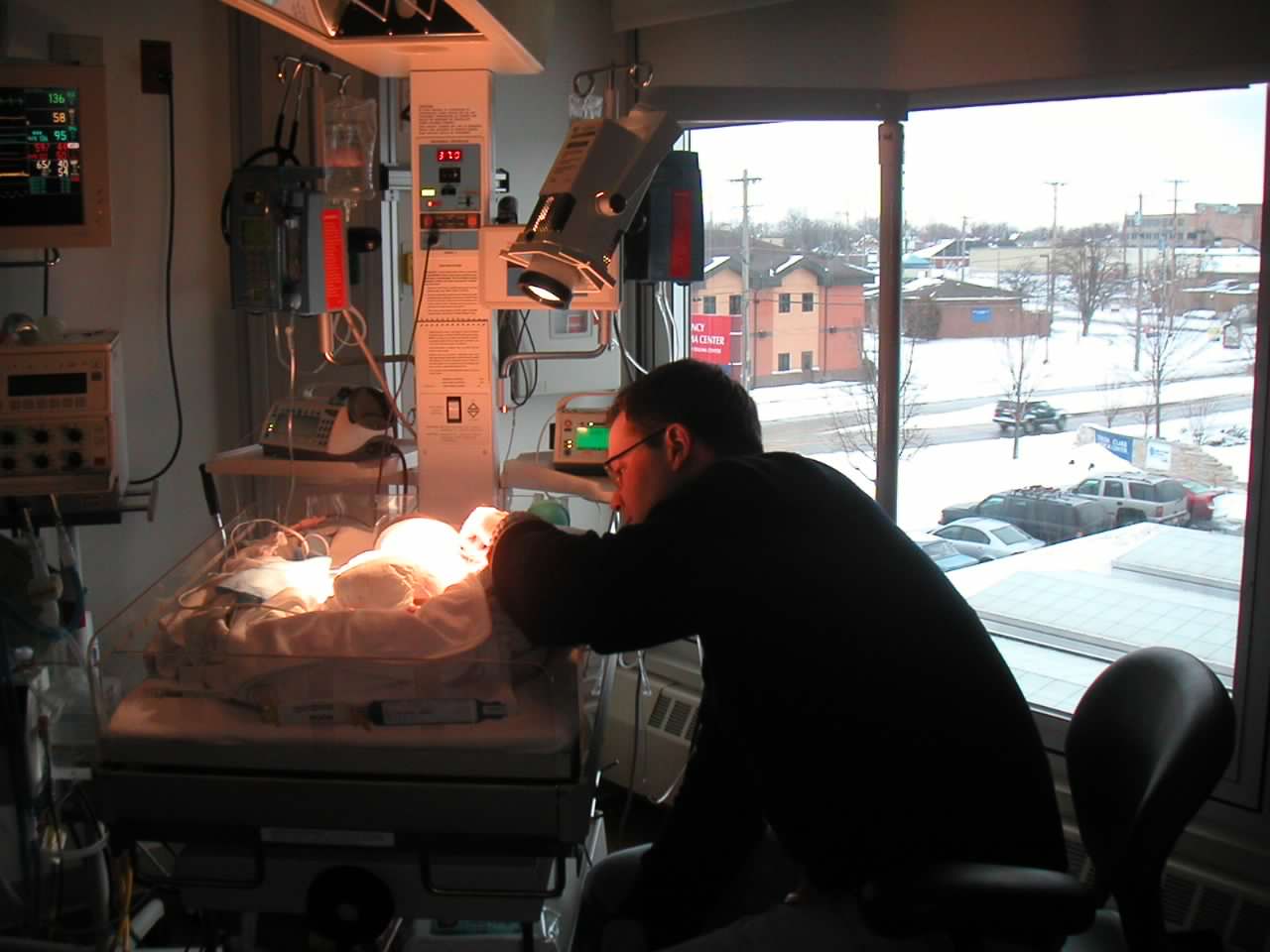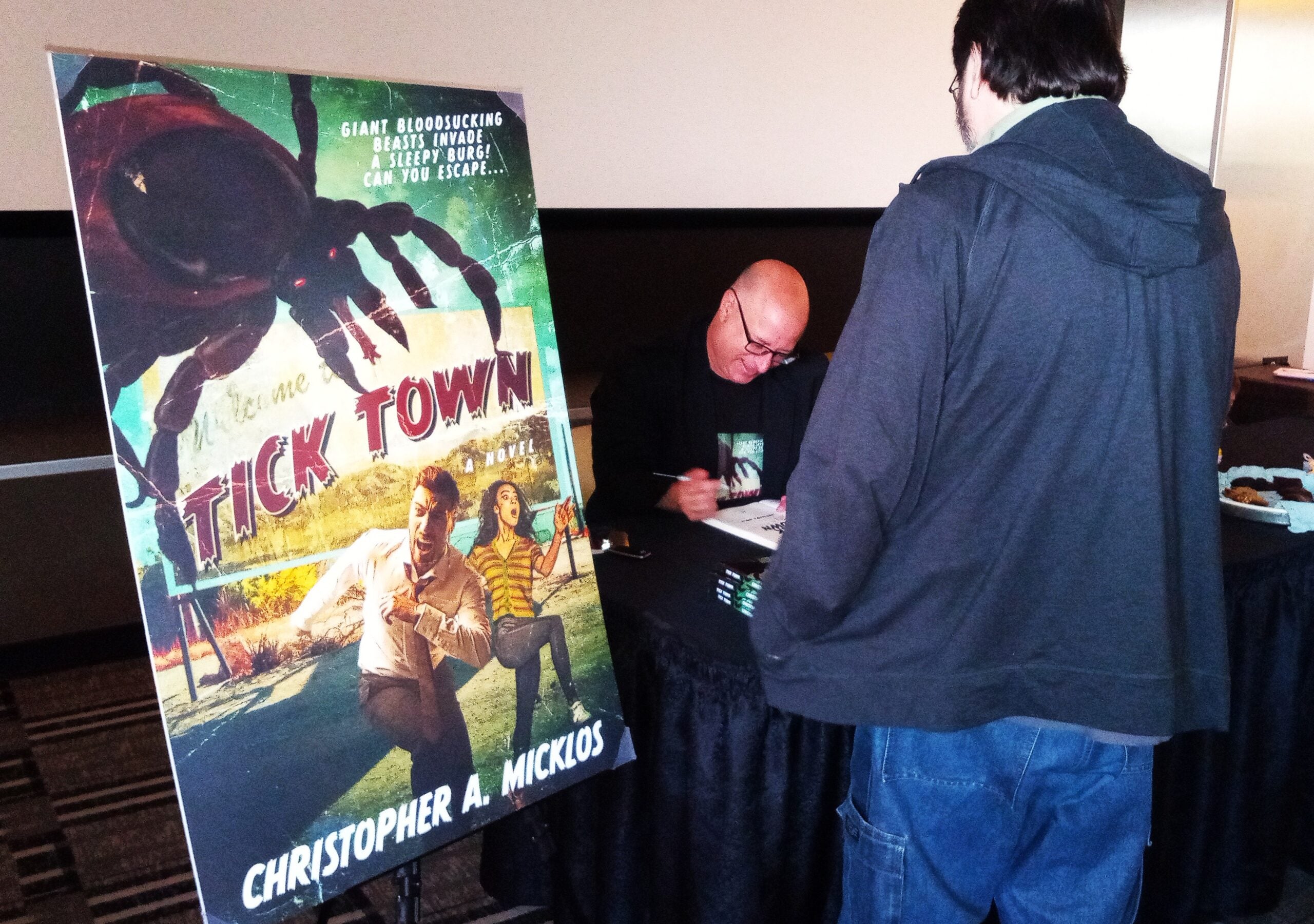Rural Wisconsin gets put in the spotlight during election season, but the political focus doesn’t always capture the full story of life in small towns.
Different parts of the state have differing experiences, and a new novel set in rural Wisconsin aims to better illustrate the complex dynamics of these communities.
Author Mike McCabe was formerly the executive director for the Wisconsin Democracy Campaign, and he ran for governor in 2018. Now, he’s entered the world of fiction writing with his debut novel, “Miracles Along County Q.”
News with a little more humanity
WPR’s “Wisconsin Today” newsletter keeps you connected to the state you love without feeling overwhelmed. No paywall. No agenda. No corporate filter.

It’s set in a fictional Wisconsin town, where the characters work through issues of identity, sexuality and economic hardship to illustrate how life in rural areas of the state doesn’t fit into stereotypes.
“I think if the book were to be summed up in one sentence, I could do it in four words: Kindness is a superpower,” McCabe said.
He joined WPR’s “Wisconsin Today” to share the story, the inspiration it took from his life and the lessons he hopes it imparts on readers.
The following interview was edited for clarity and brevity.
Rob Ferrett: What took you into writing a small town piece of fiction for Wisconsin?
Mike McCabe: It has nothing to do with politics. We’re living in a moment where what ails our society the most can’t be cured at the Capitol.
The biggest problems facing us — the dishonesty, the divisiveness, the demonization, the dehumanization that we see in our society — these are matters of the heart, and those problems can’t be solved through politics.
I think art is actually better equipped than politics to the task ahead of us. So, I decided to write a novel.
RF: Introduce us to the fictional setting of your novel: the town of Faith.
MM: Faith is about halfway between two very real places. It’s a fictional community, but it’s situated between Loyal and Unity in Clark County, not far from Colby. Faith is a struggling small town. It’s beleaguered. People are definitely struggling there, and some are giving up hope.
But also, like any small town, there’s tremendous pride in the community, and there’s a stubbornness about making sure that the community moves forward.
There’s also stratification there. There are people who are well off, and then there are the outcasts. This novel is really about outcasts and how they’re seen, how they’re judged, how they’re treated as a result, and how they also have remarkable abilities that often are overlooked or ignored or not even seen at all.
They have the capacity to work wonders, and outcasts in this story really do come to the rescue of this struggling community.
RF: How does your book take us below the surface in rural Wisconsin and show the deeper dynamics at play?
MM: If anything, this book is about shattering that myth that rural communities are monoliths. There’s a line in the book that everybody thinks everybody knows everybody in small towns, and everybody’s wrong. People are complicated, and they’re no less complicated in small rural communities as they are anywhere else.
There are people who are highly successful, and there are people who are failing miserably and struggling mightily. Yet, sometimes, the people who have been pushed aside or discounted end up having some of the most remarkable capabilities and can come to the rescue when things really go awry.
RF: How does your book approach social and cultural issues that we see playing out in the political sphere?
MM: That’s the thing that is so troubling about our current moment, is we are so prone to demonizing others. One side looks at the other as absolutely evil. Not just wrong, not just people we may disagree with, but we actually see them as evil. And of course, even in a small town, that entire spectrum is covered. If we’re going to live together, and if we’re going to prosper as a society, we have to make changes inside us.
We can’t expect those problems to be solved on Capitol Hill. Once our society makes a change, that will be reflected in our politics, not the other way around. And right now, what’s being reflected in our politics is our tendency to sometimes be downright delusional.
We’re dishonest with ourselves about so many things. We’re denying so many things that are true, and then we’re demonizing other people. We’re sowing the seeds of division, and we’ve got to confront that. Those are matters of the heart, and when we change them in our hearts, the politics will reflect that.





